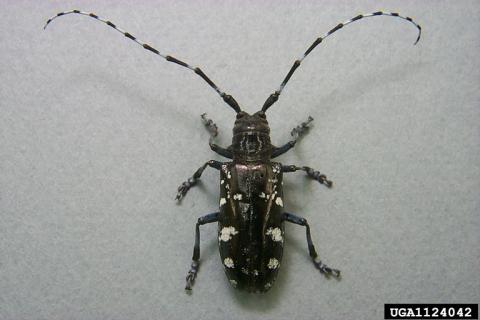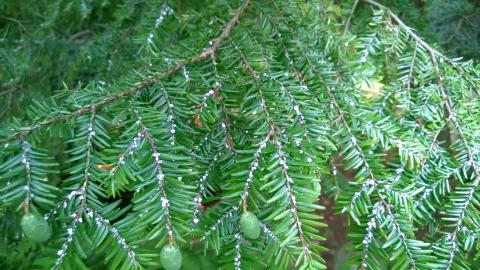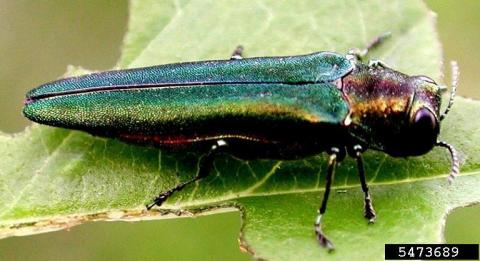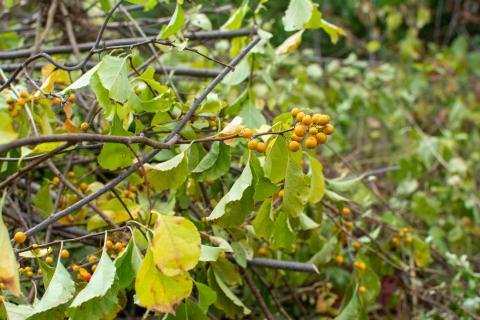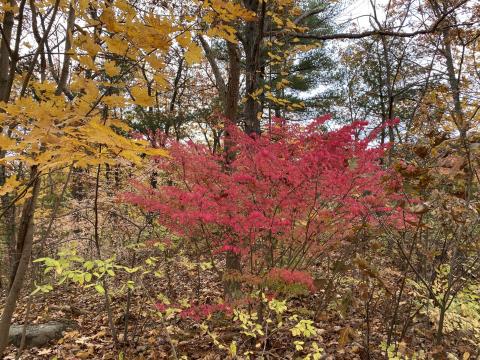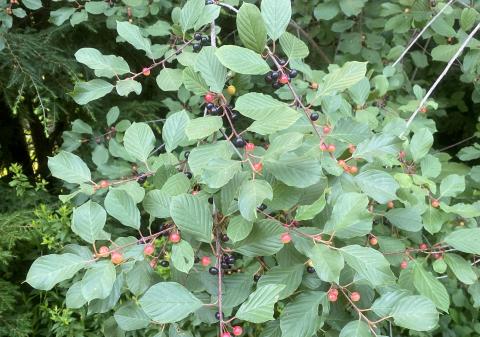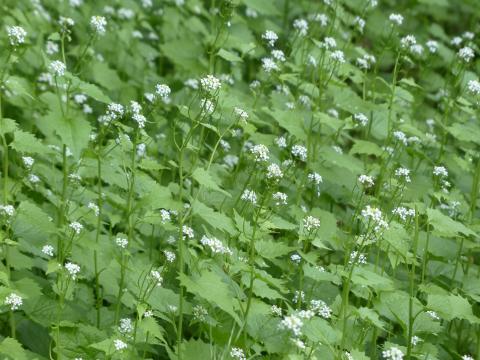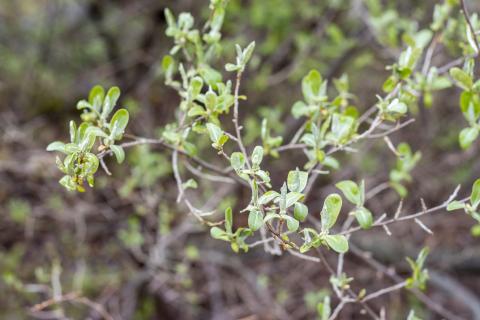5 Ways to Participate in National Invasive Species Awareness Week
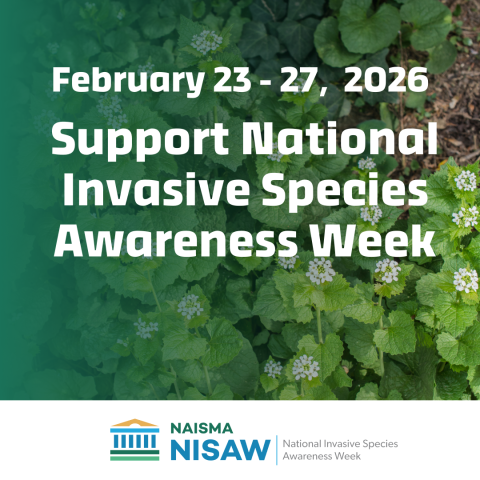
National Invasive Species Awareness Week (NISAW) is February 23—27, 2026. NISAW is a nationwide event to raise awareness about invasive species, the threat that they pose, and what people can do to prevent their spread. An invasive species is a plant or animal that is not native to a particular ecosystem, whose introduction does or is likely to cause economic or environmental harm, or harm to human health. It is capable of moving aggressively into an area, monopolizing light, nutrients, water, and space to the detriment of native species.
UNH Extension’s Forestry and Wildlife Program focuses a great deal of time and effort on educating landowners and communities about invasive species, and helping them figure out how to manage invasive species. Everyone can play a role in managing invasive species. Invasive species impact everyone. Here are five ways you can help!
To learn about insects and diseases threatening New Hampshire’s forests and to report suspect insects or tree damage, visit to www.NHBugs.org. To learn about invasive plants in New Hampshire, go to https://www.agriculture.nh.gov/farms-businesses/plant-industry/invasive-plants and to learn about non-plant invasive species go to https://www.agriculture.nh.gov/farms-businesses/plant-industry/invasives-non-plants.
Volunteer to help remove invasive species from public lands and important natural areas. Nature Groupie maintains a list of upcoming events.
Instead, burn it where you buy it. Invasive insects are transported by humans, often in firewood. Find more information at www.nhbugs.org/firewood
If you’re planning to plant in your yard this year, choose native species. For trees, consider their susceptibility to invasive insects.
Help us get the word out about invasive pests. Follow NHBugs and UNH Forestry and Wildlife on Facebook and share posts with your friends and family.
Some invasives of concern include emerald ash borer, hemlock woolly adelgid, and elongate hemlock scale. This spring and summer, keep an eye out for invasive plants including glossy buckthorn, garlic mustard, and Japanese knotweed. Below are pictures of just a few invasive species to look for in New Hampshire's forests and fields.
Have a question about your woods? Contact your Extension County Forester today!
Do you love learning about stuff like this? Subscribe to the NH Woods & Wildlife Newsletter.
A quarterly newsletter providing private woodlot owners in New Hampshire with woodlot management news, pest updates, resources, and more.
